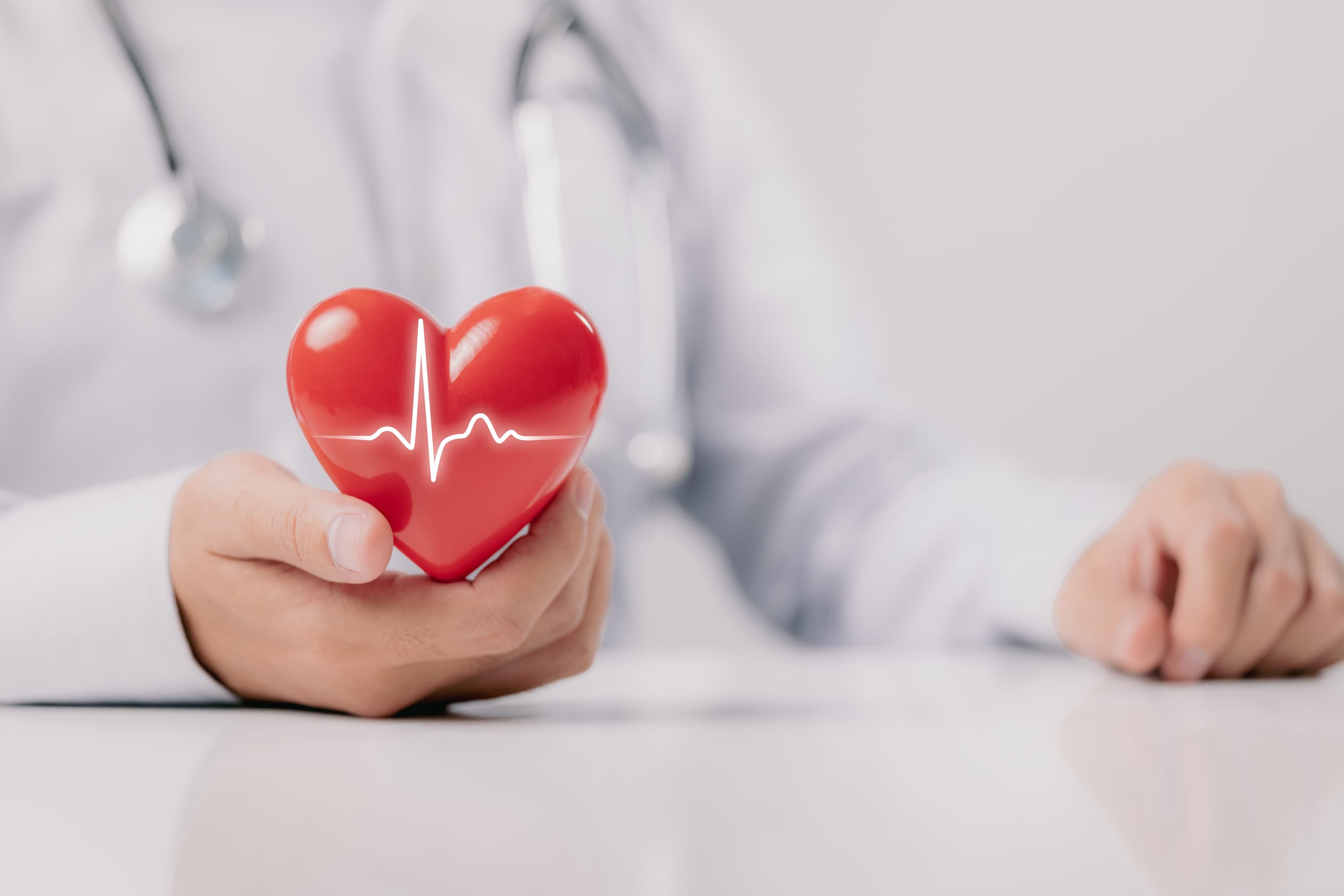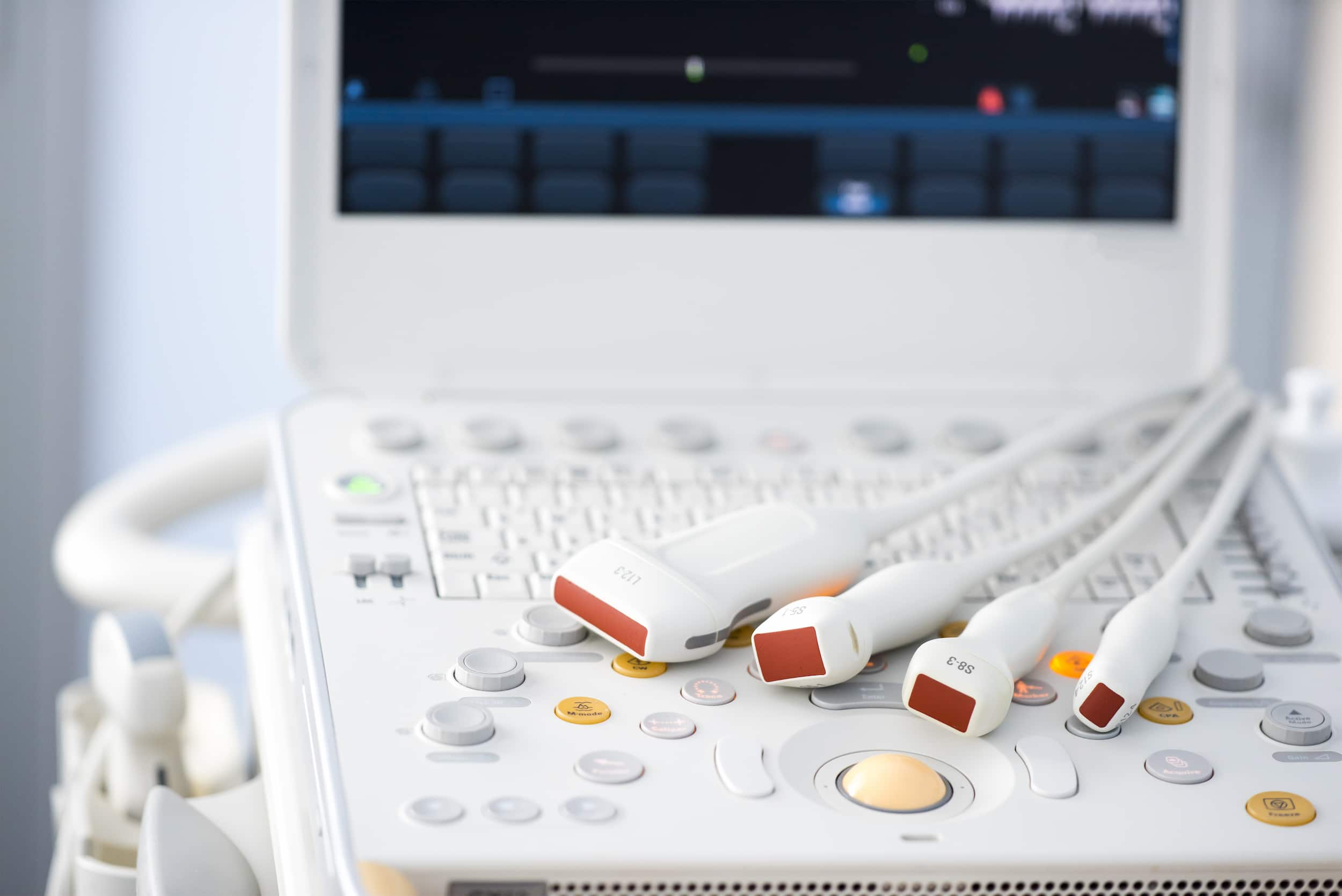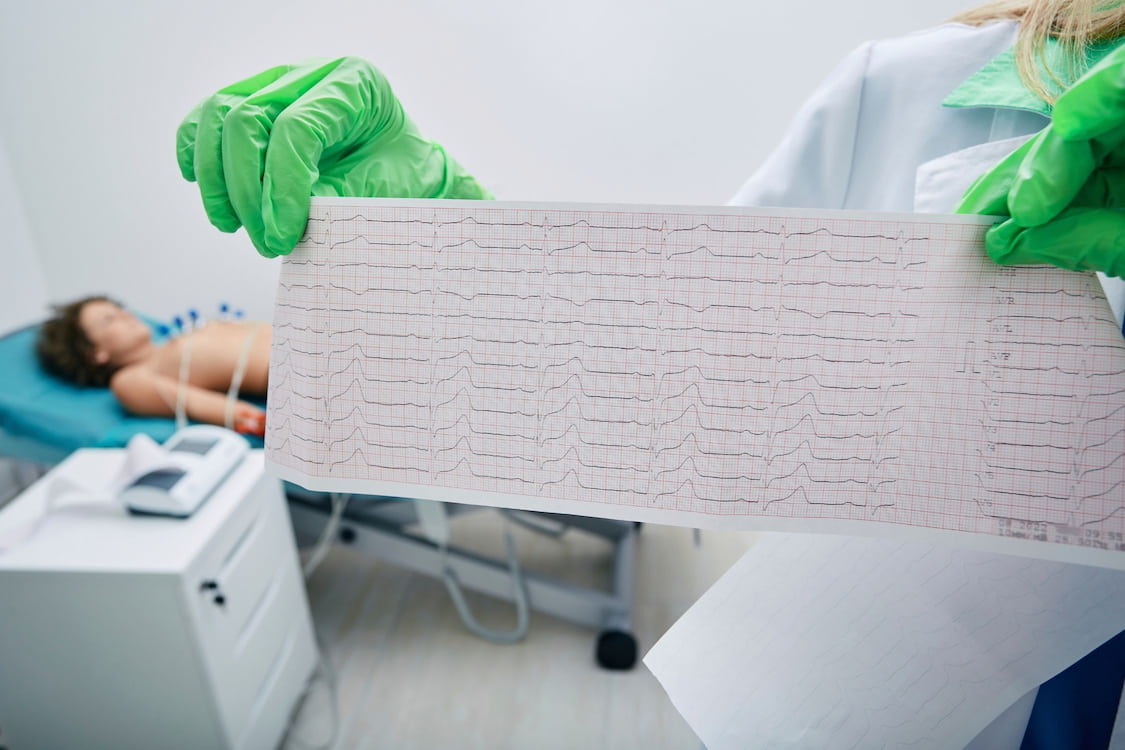
Prepare for a Cardiologist Appointment
A visit to the cardiologist can be a daunting experience, especially if you don’t know what to expect. However, preparing for your appointment can help ease your nerves and ensure that you get the most out of your visit. In this blog, we will discuss how to prepare for cardiology treatment in Turkey and what you can expect during your visit.
Firstly, it is important to be aware of any specific instructions from your cardiologist’s office. For example, you may need to fast for a certain amount of time before your appointment or avoid certain foods or medications. Make sure you follow these instructions carefully to ensure accurate test results and a successful visit.
Secondly, preparing a list of questions to ask your cardiologist can help you better understand your heart health and any concerns you may have. Consider asking about what a cardiologist does, what happens at a cardiology appointment, and how a cardiologist checks your heart. You may also want to ask about lifestyle changes or medications that can improve your heart health, and how often you should schedule follow-up appointments.
What Is a Cardiology Appointment?
A cardiology appointment is a medical appointment that focuses on the health of the heart and circulatory system. During this appointment, a cardiologist will evaluate your heart health, diagnose any heart-related conditions or diseases, and provide you with guidance on how to maintain or improve your heart health.
Typically, a cardiology appointment will involve a series of tests and procedures, such as an electrocardiogram (ECG), echocardiogram, or stress test, to assess the health of your heart. Your cardiologist may also review your medical history, family history, and any symptoms you may be experiencing to gain a better understanding of your heart health. After your tests are completed, your cardiologist will review the results with you and provide you with a treatment plan, which may include lifestyle changes, medications, or additional testing.
What Does a Cardiologist Do?
A cardiologist is a medical doctor who specializes in the diagnosis, treatment, and prevention of heart-related conditions and diseases. Cardiologists have specialized training in the cardiovascular system, including the heart, blood vessels, and circulatory system.
During a cardiology appointment, a cardiologist will perform a variety of tests and procedures to assess the health of your heart and circulatory system. These may include an electrocardiogram (ECG), echocardiogram, stress test, or blood tests. Based on the results of these tests, your cardiologist will diagnose any heart-related conditions or diseases and provide you with a treatment plan, which may include lifestyle changes, medications, or additional testing. Cardiologists also provide ongoing care to patients with heart-related conditions, monitoring their health and adjusting their treatment plans as needed.
Can I Eat Before a Cardiology Appointment?
It is generally recommended that you do not eat for at least 4 hours before your cardiology appointment, especially if you will be undergoing a stress test or other procedures that require fasting. However, if your appointment is later in the day, you may be able to eat a light meal beforehand. Be sure to check with your cardiologist’s office to find out specific instructions for your appointment.
The Study of Cardiologist Appointment
Research published in the Journal of Cardiovascular Health highlighted the significance of patient engagement and proactive communication during cardiology appointments. The study found that patients who prepared a list of questions for their cardiologists not only gained a better understanding of their heart health but also experienced improved doctor-patient communication and increased satisfaction with their care. Asking questions about symptoms, treatment options, and lifestyle changes during the appointment proved to be beneficial in managing heart-related concerns.
What Do You Wear to a Cardiology Appointment?
It is important to wear comfortable clothing to your cardiology appointment, as you may need to undergo certain tests or procedures that require movement or removal of clothing. Avoid wearing clothing with zippers, buttons, or metal as these may interfere with some tests. You may also want to bring a light jacket or sweater in case the room is cold.
Chest pain or discomfort
Shortness of breath
Fatigue
Swelling in the legs or ankles
Rapid or irregular heartbeat
Dizziness or lightheadedness
Nausea or vomiting
If you experience any of these symptoms, it is important to seek medical attention immediately.
In conclusion, preparing for a cardiology appointment in Turkey can help ensure that you get the most out of your visit and that you leave with a better understanding of your heart health. Be sure to follow any specific instructions from your cardiologist’s office, prepare a list of questions to ask, and wear comfortable clothing to your appointment. By being proactive about your heart health, you can improve your overall well-being and reduce your risk of heart disease.




